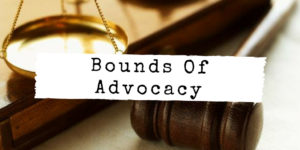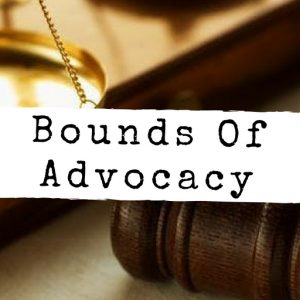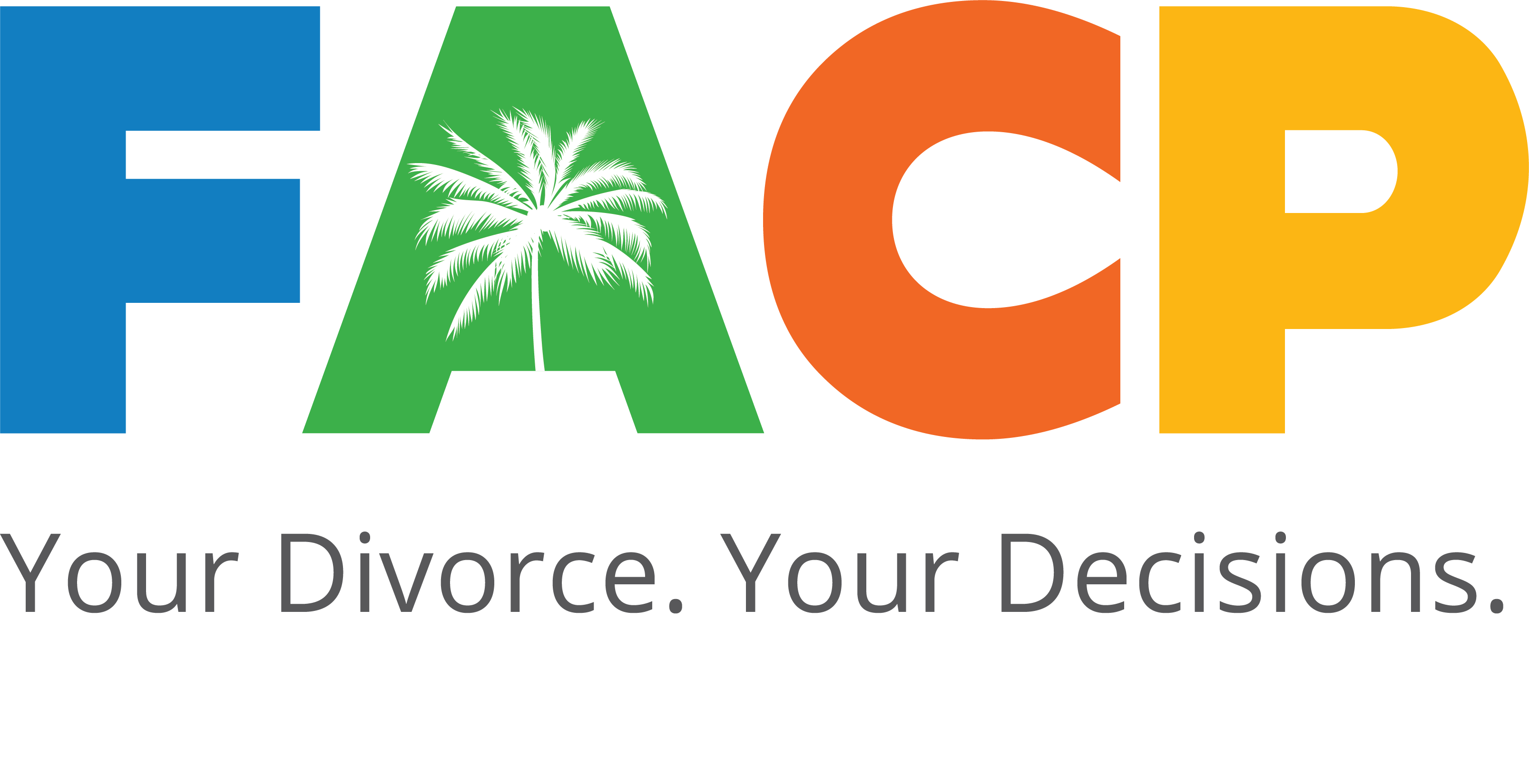Seven-years ago, I left pharmaceutical mass tort practice to launch my own firm, focused on family law. My goal was to finally experience the personal, long-term connections that grow out of client-attorney relationships at the local level, something often absent from products liability work, with clients all over the country. In preparing for this new practice direction, one of the earliest documents I read was the Florida Family Law Bounds of Advocacy. With its emphasis on cooperative problem-solving and minimization of disruptions to family relationships, I thought, “How refreshing.” It was the practice philosophy for which I had been searching. I couldn’t wait to interact with like-minded professionals, who were surely as devoted to the aspirational Bounds of Advocacy.
The BOA is an aspirational set of professionalism rules or guidance. A model document was created by the American Academy of Matrimonial Lawyers. Like the Model Rules of Professional Responsibility, promulgated by the American Bar Association, most states have adopted some version of the BOA that is similar or identical to the AAML Bounds of Advocacy. Florida Bar’s Family Law Section adopted it’s BOA in 2004. That was only a few years after the Florida Supreme Court created a unified family court and explained that families need “a system that provide[s] non-adversarial alternatives and flexibility of alternatives; a system that preserve[s] rather than destroy[s] family relationships; … and a system that facilitate[s] the process chosen by the parties.” In re Report of Family Law Steering Committee, 794 So. 2d 518, 523 (Fla. 2001). The Florida BOA has seen a few revisions, most recently in January 2017.

I became somewhat obsessed with the BOA. I kept it on my computer desktop (still do). As the U.S. Constitution was to Robert Byrd, the BOA was to me. I assumed everyone revered the BOA. it is, after all, the most stringent body of ethical standards for Florida attorneys. I brought it up in conversations with other professionals every chance I had. And so, it wasn’t long before I realized that many family practitioners had never heard of the BOA, and those who had heard of it had only read it once or twice. The consequences of such disregard were evident in correspondence and motions from opposing counsel. It seems many family law attorneys view the BOA as merely aspirational. However, given the case of FL Bar v. Norkin, that viewpoint is a massive risk towards bar discipline. No doubt, Mr. Norkin’s transgressions were on the extreme end of a behavioral spectrum, but it is the Court’s analysis that should draw attention. The Court clearly went beyond the Florida Rules of Professional Conduct and held Norkin to the aspirational standards of the Guidelines for Professional Conduct. In failing to adhere to the Guidelines, Norkin breached FRCP rules. It is reasonable to argue that if the Court relies on the aspirational goals of the Guidelines to find violations of the FRCP, the same could be true of the BOA. This, despite the preliminary statement in the BOA that states, “Because the Goals aspire to a level of practice above the minimum established in the FRPC [Florida Rules of Professional Conduct], it is inappropriate to use them to define the level of conduct required of lawyers for purposes of malpractice, liability, or discipline.”
The Florida Family Law BOA is divided into seven broad issue topics which are further subdivided into more narrow issues that are often encountered by family law attorneys:
- Attorney as Counselor and Advocate;
- Competence and Advice;
- Communication and Decision Making Responsibility;
- Conflict of Interest;
- Fees;
- Pre-Litigation Advice; and
- the Children.
The BOA lends itself easily to application in the collaborative family law process. In fact, it would be near impossible to complete a collaborative case without full adherence to the BOA. One might even argue that the BOA mandates that family attorneys fully support collaborative family law process, in almost every case (keeping in mind that some family dynamics may make the collaborative process ill advised), as the first-line option. For example, 1.1 requires family lawyers to minimize the emotional conflict in cases and to treat everyone involved with respect, and according to 2.3, we must, “refuse to participate in vindictive conduct and should strive to lower the emotional level of a family dispute by treating all other participants with respect.” The BOA 2.4 and 2.5 directs that attorneys should know the different dispute resolution methods and to attempt to resolve family disputes by agreement and [ ] consider[ing] all appropriate means of achieving resolution.” With these directives, it is difficult to understand any family attorney’s disregard for or refusal to become trained in the collaborative family process.
If it’s been a while since you reviewed the Florida Family Law Bounds of Advocacy, click here. As a self-policing industry, we attorneys must hold each other to these standards. These are also worth review by the neutral professionals who work with us; a moment of constructive criticism from someone outside the legal profession may help us realign with the priorities in the BOA. And perhaps, our professions have more to offer each other that will improve our respective standards or better unify standards for the collaborative community.
Family attorneys should always keep in mind the awesome, long-term impacts they have on families, and in turn our communities. Though collaborative methods should be prioritized, no matter the dispute resolution method, adherence to the BOA is the first step to improving the reputation of family law, as a practice and in being helpful to families.
Get the latest version of the Florida Family Law Bounds of Advocacy.
Written By:

Joshua Aaron Jones is an attorney in Pensacola, Florida. He serves as president of West Florida Collaborative Law and on the Executive Council of the Escambia Santa Rosa Bar Association.
www.joshuajoneslaw.com
www.facebook.com/JoshuaJonesCollaborativeLaw
www.twitter.com/JoshuaJonesLaw:






